
Similar Posts
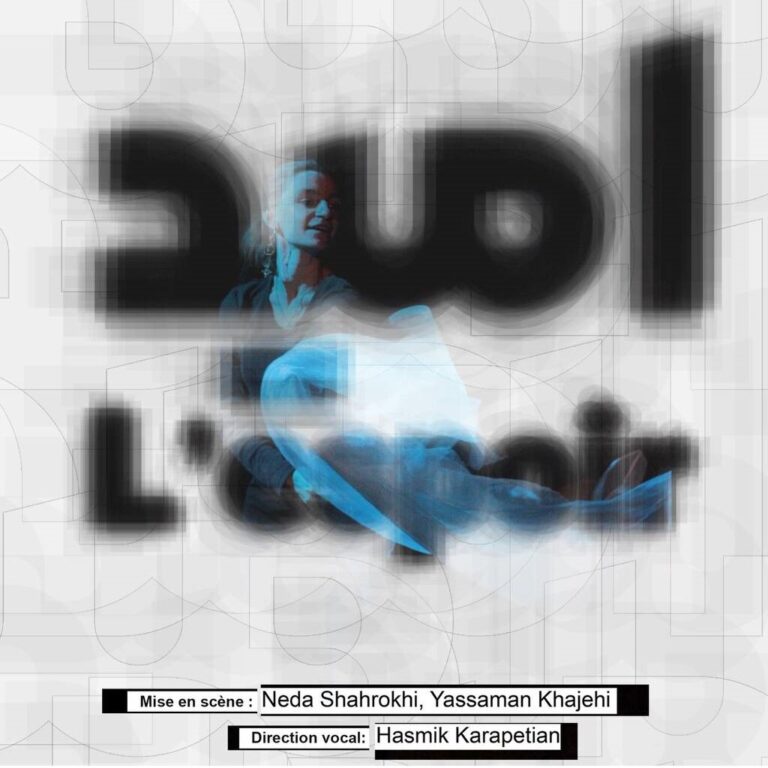
Mesmerizing Iran-France Collaboration: ‘Hope’ Takes Center Stage in Clermont-Ferrand
The theater production “Hope” (“L’espoir”) in Clermont-Ferrand, France, showcases intercultural collaboration between Iranian and French artists, focusing on themes of hope and resilience. Created through dynamic workshops in Tehran and Clermont-Ferrand, the play employs various performance styles and is presented in multiple languages, including French and Persian. Directed by Neda Shahrokhi and Yassaman Khajehi, “Hope” features a diverse cast and emphasizes the power of the arts to foster cultural dialogue. This innovative production invites audiences to reflect on their experiences of hope, highlighting the potential for creative cooperation amidst global challenges.
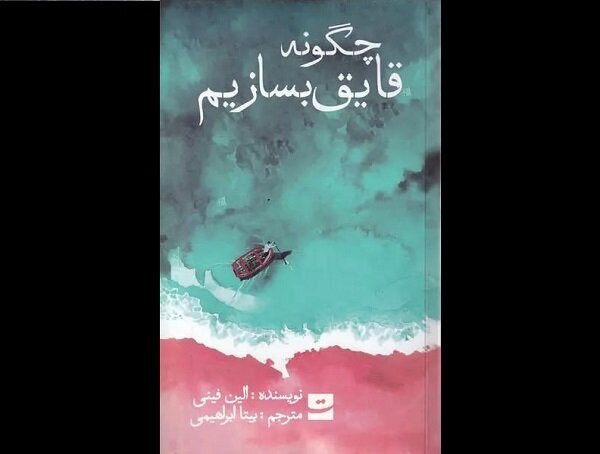
Elaine Feeney’s ‘How to Build a Boat’: Now Available in Persian – A Literary Voyage Awaits!
Elaine Feeney’s novel, “How to Build a Boat,” has been recently released in Persian translation in Iran. The story follows 13-year-old Jamie O’Neill, who seeks to connect with his deceased mother, Noelle, while attempting to build a Perpetual Motion Machine. His journey highlights themes of love, loss, and the desire for connection, enriched by his interactions with supportive teachers, Tess and Tadhg. Feeney’s lyrical prose and deep characterization make the narrative relatable and emotionally resonant. This translation adds to Iran’s literary landscape, encouraging discussions about the importance of community and human bonds.
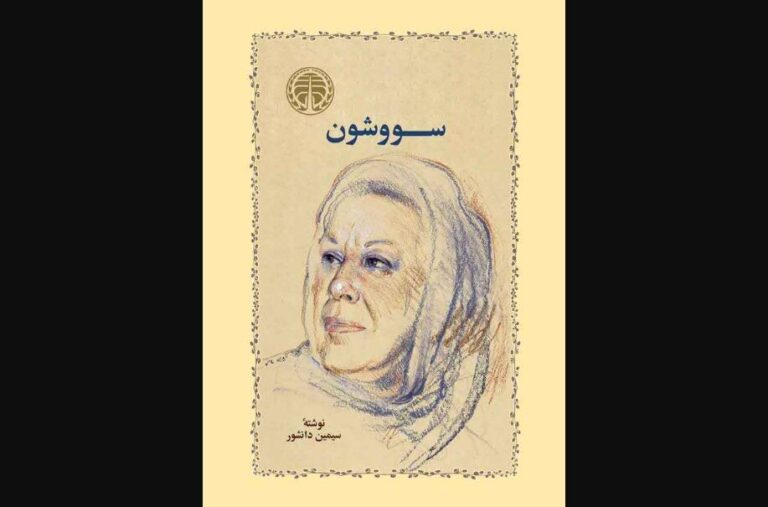
Unlock the Magic: Audiobook Edition of ‘Savushun’ Hits the Shelves!
The release of the audiobook of Simin Daneshvar’s bestselling novel “Savushun” has stirred excitement in Iran. Narrated by Shima Derakhshesh, this version, produced by Avanameh and Kharazmi Publications, explores a Persian family’s struggles during World War II’s Allied occupation. Set in Shiraz, the story highlights themes of colonial oppression, family dynamics, and personal identity, focusing on Zari, a young wife navigating societal expectations. With contributions from 40 narrators, the audiobook enriches the narrative, making Daneshvar’s work accessible to a wider audience. This adaptation preserves the essence of the original text while inviting deeper engagement with Iranian culture and history.
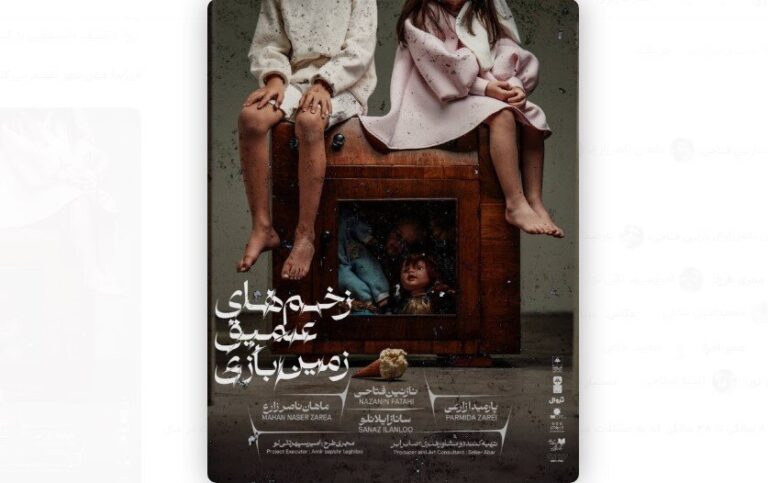
Chilling Performance: ‘Gruesome Playground Injuries’ Takes Center Stage at Tehran Theater
The Book Garden Theater in Tehran is currently showcasing an adaptation of Rajiv Joseph’s thought-provoking play “Gruesome Playground Injuries,” directed by Sanaz Inanlou and Nazanin Fattahi. Running until February 14, the performance features talented actors Mahan Nasser Zare and Parmida Zarei, exploring the complex dynamics of friendship and pain through the intertwined lives of childhood friends Kayleen and Doug. Their physical injuries symbolize emotional scars, emphasizing the resilience of human relationships. This compelling narrative, infused with humor and heartbreak, highlights Joseph’s impactful storytelling, making it a must-see for theater enthusiasts in Iran.
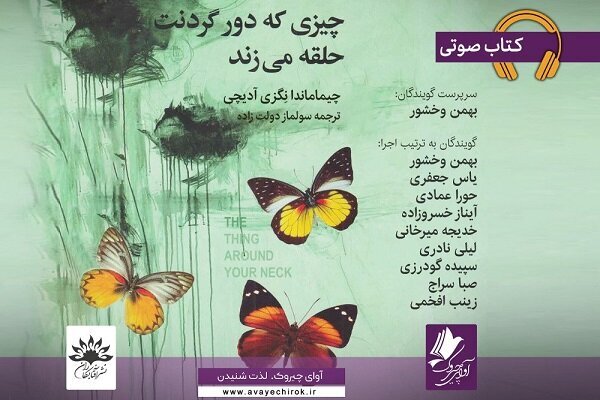
Experience ‘The Thing Around Your Neck’: Captivating Audio Presentation for Persian Listeners
Nigerian author Chimamanda Ngozi Adichie’s acclaimed short story collection, “The Thing Around Your Neck,” is now available as an audiobook for Persian readers. Narrated by Bahman Vakhshour and produced by Avaye Chirok, the audiobook features a talented cast of voice actors and is translated into Persian by Solmaz Dolatzadeh. The collection, published in print by Aftabkaran Publications, explores themes of identity and cultural conflict through compelling narratives. Key stories include “Cell One,” “A Private Experience,” and “The American Embassy.” This release allows Persian-speaking audiences to engage with Adichie’s powerful storytelling and the universality of human experiences.

Discover ‘The Boy and the Sword’ – Now Streaming on Apple TV and Amazon Prime!
“The Boy and the Sword,” directed by Emad Rahmani and Mehrdad Mehrabi, is a 2023 animated feature available on major streaming platforms. Set in the tyrannical city of Madain a thousand years ago, it follows seven-year-old Karen, who receives a wooden sword from his father. Tragedy strikes on his birthday when the Sultan orders executions, forcing Karen to flee with his uncle to the village of Mahuza. Years later, he seeks vengeance for his family’s loss. This critically acclaimed film explores themes of loss, resilience, and justice, making it a compelling choice for family viewing and sparking important discussions.